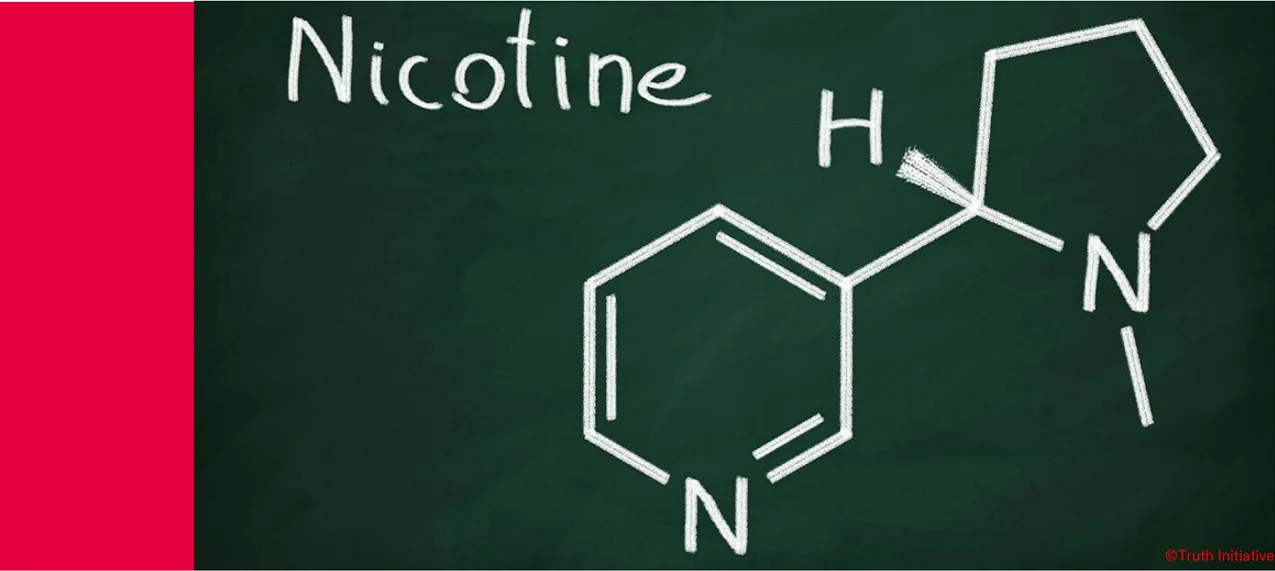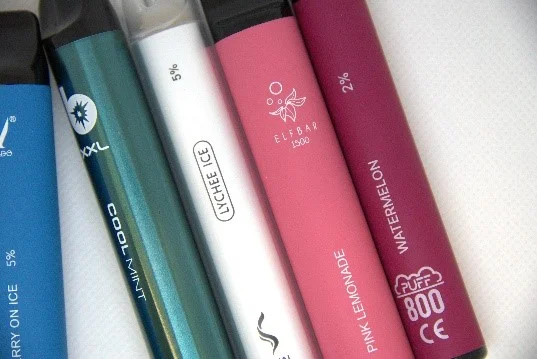On the way to a tobacco and nicotine-free Switzerland
The Swiss Tobacco Prevention Association is the competence center for tobacco prevention in Switzerland. As an umbrella organization for the promotion of non-smoking, it currently has over 50 collective members. AT Switzerland offers its members a broad network of experts and provides specialist knowledge on tobacco control and prevention.
It is committed to a sustainably healthy and smoke-free Switzerland with evidence-based services and the networking of key players, while at the same time offering the population a helping hand in quitting smoking and nicotine withdrawal.
News and blog posts
Electronic cigarettes: a new official report highlights significant health risks
A new scientific report by ANSES (France’s National Agency for Food, Environmental and Occupational Health & Safety), published in recent days, reviews the health risks associated with vaping. While electronic cigarettes continue to be presented as a “less harmful” alternative to tobacco, the agency reminds us that the absence of combustion does not mean the absence of risk.
British American Tobacco sued in the U.S. over alleged role in financing terrorism via North Korea
British American Tobacco (BAT) is facing a major civil lawsuit in the United States, brought by hundreds of U.S. military personnel, civilians and their families, who accuse the tobacco multinational of having indirectly helped finance terrorism through its past business activities in North Korea.
2026: Europe raises taxes on tobacco and nicotine. Switzerland looks the other way.
In January 2026, the Director-General of the World Health Organization (WHO), Tedros Adhanom Ghebreyesus, issued a renewed and clear call for strengthening taxation on tobacco products, recalling that taxation remains one of the most effective public health levers.
from Luciano Ruggia
The 17 Sustainable Development Goals and tobacco

Protection from second-hand smoke from your fellow human beings
Die Forderung nach rauchfreien Innenräumen stützt sich ab auf eindeutige Fakten von Gesundheitsschäden, verursacht durch Passivrauchen. Auch in der Schweiz haben wissenschaftliche Forschungen die positiven Folgen eines gesetzlichen Schutzes vor Passivrauchen für die Gesundheit nachgewiesen.
Have information about the industry you want to share securely? Talk to us











